PSHE (Personal, Social, Health and Economic Education)
Intent
Our intention is that when children leave Little Waltham C.E.V.A. Primary School, they will be able to play an active, positive and successful role in our society. By learning about their own emotions, they will be much better equipped to face the challenges of secondary school and beyond. Furthermore, we want our children to be reflective when considering other people and we encourage each child to be compassionate and thoughtful when considering experiences different from their own. We want our children to have high aspirations, a strong belief in themselves and to realise that success is possible if they put their mind to it. In an ever–changing world, it is important that they are aware, to an appropriate level, of different factors which will affect their world and that they learn how to deal with these so that they have good mental health and well-being. Our PSHE curriculum is taught in conjunction with our school’s Christian values and we seek to promote the spiritual, moral, cultural, mental and physical development of all pupils, preparing them for opportunities, responsibilities and experiences throughout their lives. Our Relationships and Sex Education enables children to learn how to be safe and to understand, talk about and develop healthy relationships across all spheres of their life, both now and in the future.
Implementation
EYFS
In the Foundation Stage, PSHE and citizenship is taught as an integral part of topic work and is embedded throughout the curriculum. The objectives taught are the Personal, Social and Emotional Development statements from ‘Development Matters in the EYFS’ and the PSED Early Learning Goals.
Key Stage 1 and Key Stage 2
In Key Stage 1 and 2, PSHE is taught through a clear and comprehensive scheme of work in line with the National Curriculum. The Cambridgeshire scheme of work is followed consistently throughout the school although teachers are encouraged to repeat, move or spend longer on lessons or topics if they have a cohort with a particular need. The scheme of work allows consistency and ensures that knowledge and learning is built upon year after year.
In addition to Relationships Education, we also teach aspects of Sex Education that is covered in our Science Curriculum. All Sex Education lessons and resources have been carefully considered to ensure that they are age appropriate for our children and align with the recommendations set out by the Church of England RSHE Principles Charter. Where appropriate, PSHE lessons link to British Values, SMSC and are taught in such a way as to reflect the overall aims, values, and ethos of our school.
- PSHE, including SMSC and British Values, is an integral part of the whole school curriculum, and is therefore often taught within another subject area, e.g. the dangers of online bullying is covered in PSHE and computing lessons.
- Visitors such as emergency services, NSPCC and the school nurse complement our PSHE curriculum to offer additional learning.
- We encourage our pupils to develop their sense of self-worth by playing a positive role in contributing to school life and the wider community. School Council play an important role in advocating for the views of pupils and for showing the power of collaboration, team-work and pupil voice.
- Assemblies are linked to PSHE, British Values, SMSC and our Christian values.
- PSHE, British Value and SMSC displays throughout school reinforce the PSHE curriculum enabling children to make links.
- Children are encouraged to discuss topics and ideas in PSHE lessons and evidence of these discussions is gathered in class scrapbooks. This provides a record for lesson in which issues or topics are covered through discussion; it also provides a clear record for the children to look back on should an issue or topic require further discussion.
- All children are taught about the Zones of Regulation as a way to identify and discuss their emotions.
- Teachers work alongside senior leaders to identify pupils who may be considered vulnerable or in need of further support when learning about various aspects of the PSHE curriculum.
Impact
- By the time our children leave our school they will:
- Be able to approach a range of real life situations and apply their skills and attributes to help navigate themselves through modern life
- Be on their way to becoming healthy, open minded, respectful, socially and morally responsible, active members of society
- Appreciate and respect difference and diversity
- Recognise and apply the British Values of Democracy, Tolerance, Mutual respect, Rule of Law and Liberty
- Be able to understand, talk about and manage their emotions
- Be able to look after their mental health and well-being, including being able to talk about stressors or triggers that worsen their mental health
- Understand the ways in which physical health and mental health are linked
- Be able to develop positive, healthy relationship with their peers both now and in the future.
- Understand the physical aspects involved in RSE at an age appropriate level
- Have respect for themselves and others.
- Have positive self esteem


